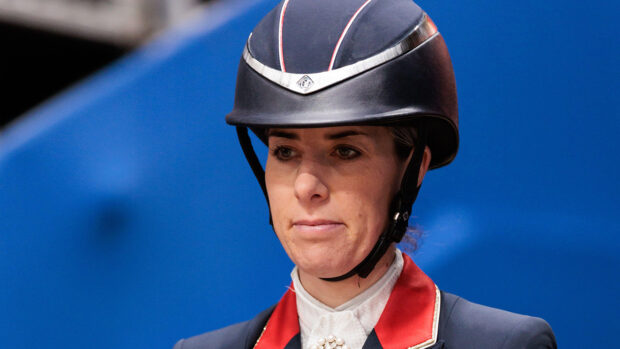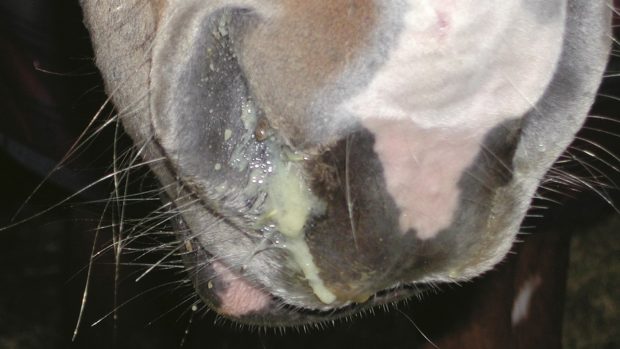The International Equestrian Federation’s (FEI) new doping and medication programme has been universally welcomed by riders, team managers and vets.
It will come into effect on 1 January next year.
A Clean Sport Commission — made up of vets, riders, scientists and members of the International Olympic Association, World Anti-Doping Agency and the FEI — was set up by the FEI in November 2008 in the wake of six positive drug tests in equestrianism at the 2008 Olympics (news, 28 August 2008).
In the aftermath of the Games a number of riders, including eventers Tina Cook and Pippa Funnell criticised FEI anti-doping sanctions as being too weak.
And Irish show jumper Denis Lynch, who was banned for using a prohibited substance at Hong Kong, said riders needed guidance over what is permissible (20 November 2008).
The FEI commission announced last week (28 May) that it would create definitive lists of all substances used on horses and stipulate whether each is categorised as a banned substance that is never to be used, or a medication that can be used out of competition.
The substances on both lists will remain prohibited for all competitions and the lists will be updated regularly. Two new sets of rules and sanctions will also be created.
Chairman of the FEI veterinary committee John McEwen said: “This is very different from what we had before, where substances were defined by their effect on the horse. Now we shall name drugs and brand names — it will make life a lot easier.”
But he added that penalties for doping would be much more severe as a result.
FEI spokesman Malina Gueorguiev could not yet give details of the new sanctions for using a banned substance, but she said they would resemble the World Anti-Doping Authority’s code, which advocates a ban of up to two years for a first doping offence.
For this story in full, see the current issue of Horse & Hound (4 June, ’09)




